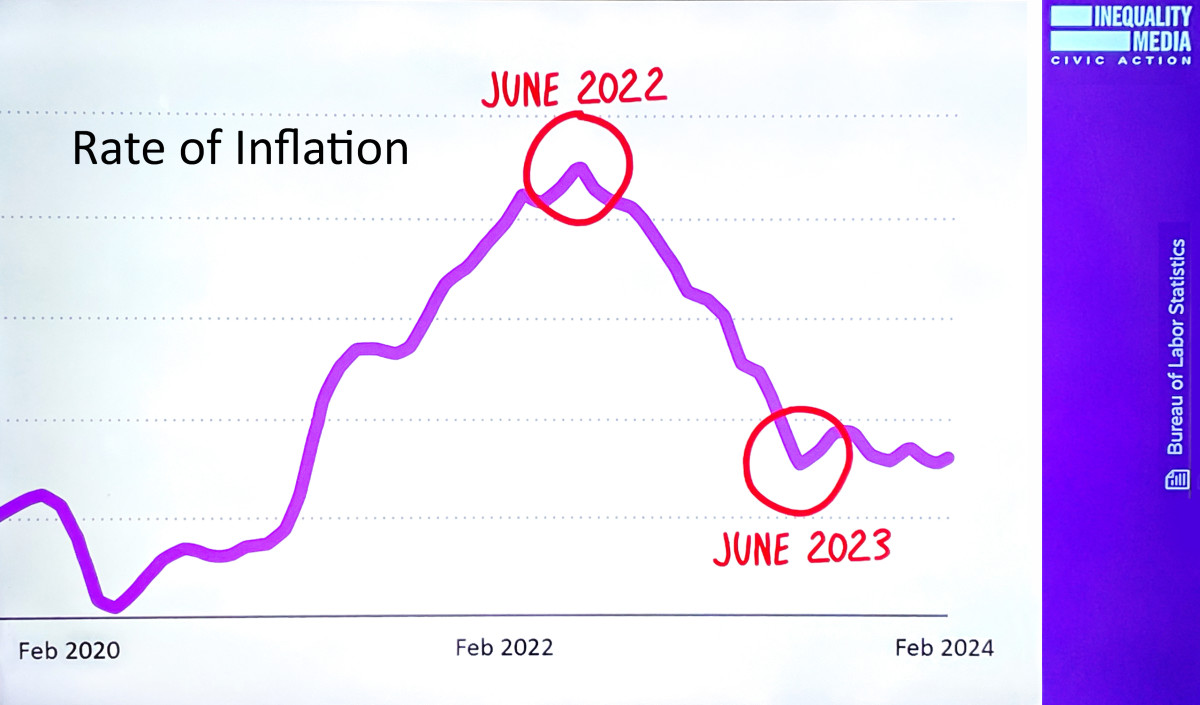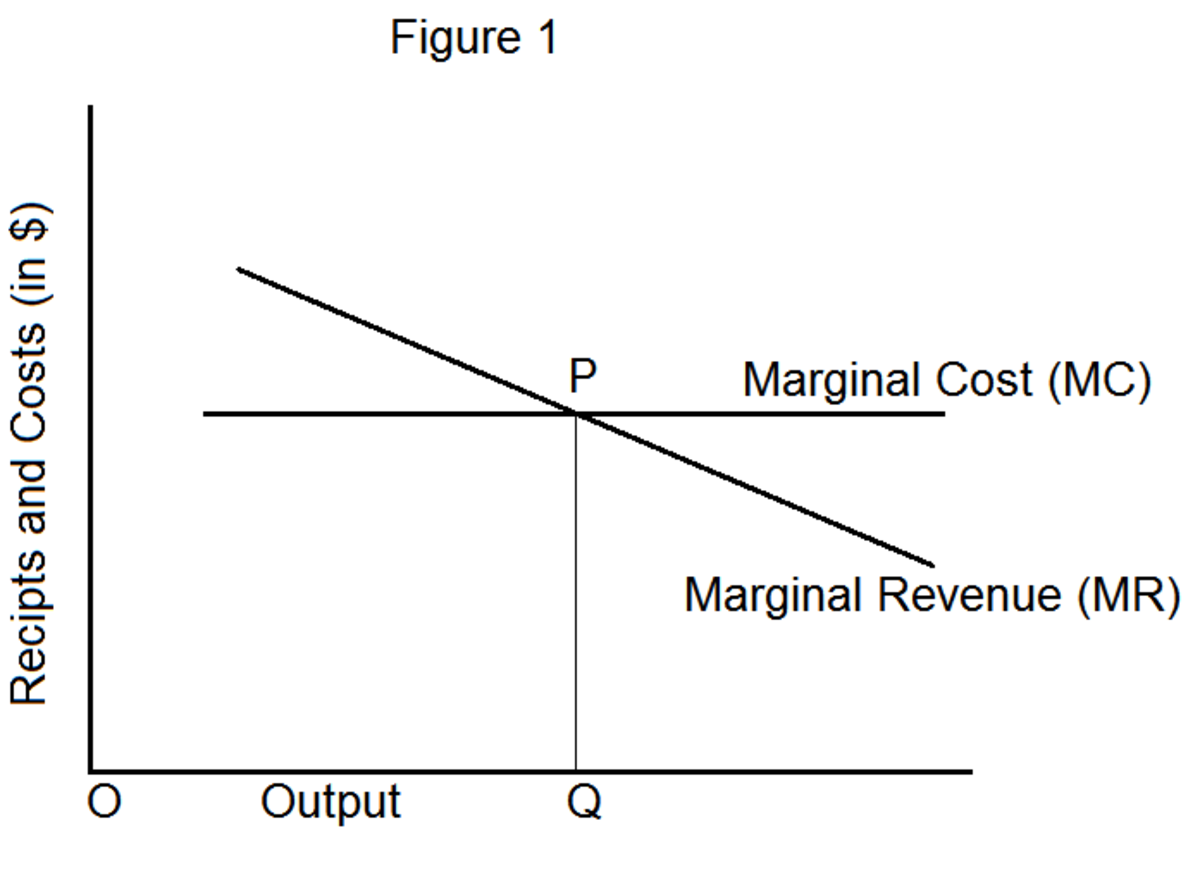Understanding Monopolies and Their adverse effects on our Economy. Protecting our food supplies.

Threats to Democracy
The greatest threats to democracy are:
- monopolies,
- huge corporations,
- conglomerations without regulations, limits, or rules.
- And today an ignorant, ill informed, narcissistic and self serving U.S. president
If left unchecked they will totally destroy our economy.
In truth, they already are destroying our economy.
Monopolies are not our friends



The Theory behind how Monopolies 'should' work
Monopolistic Competition defined:
A market situation in which there may be many independent buyers and many independent sellers; but in which competition is imperfect for several reasons:
- production differentiations
- geographical fragmentation of the market
- other similar conditions including market need, desire, practical product, customer service, or usages
This theory was developed independently by both U.S. economist Edward Hasting Chamberlain in his "Theory of Monopolistic Competition" (1933) and by the British economist Joan Robinson in her "Economics of Imperfect Competition" (1933).
Their theories took into account different scenarios in which each seller carries goods that have some unique properties in the eyes of the consumers, such as: brand names, special ingredients, customer service, geographical desirability, need, desire, or practical usage.
These unique properties would therefore imply that each seller has a "Partial Monopoly".
They also analyzed:
- 1. "Oligopoly": which is characterized by an industry composed of a smaller number of large firms
- 2. "Discriminating Monopoly": in which a given item is sold at different prices to different customers.
- 3. "Monopsony": in which there is a single (monopolistic) buyer of goods produced by many suppliers.
Because the bulk of business in developed capitalistic economics is conducted under condition of product differentiation (oligopoly) the enthusiasm with which their analysis was received was understandable.
Trumpism in America 2017
The Two Major Types
1. ABSOLUTE MONOPOLY:
The exclusive possession of a market by a supplier of a product, or a service, for which there is no substitute.
Here the supplier is able to determine the price of his product without fear of competition from other sources of his, or substitute products.
It is generally assumed he will choose a price that maximizes his profits).
2. PERFECT COMPETITION:
The exact opposite of absolute monopoly. This exists when there are large numbers of sellers and buyers of a homogeneous (similar kind) of commodity.
Each seller accounts for a relatively small share of the market. He cannot, therefor, influence the market price by varying his output, and he cannot increase his price above the market price because buyers would shift to other producers.
Although absolute monopoly and/or perfect competition are useful for illustrative purposes, they are seldom, if ever, seen in reality - where actual conditions range from one extreme to the other.
In common usage of the term "monopoly" it is often used to signify a state of which the degree of competition is restricted (but still present) whereas the term "competition" is used to denote a state in which competition is less restricted (but still not perfect).
The dividing line between the two is a question of definition by those who would argue for, or against, one extreme or the other.
In British anti monopoly legislation, according to which, a monopoly exists if at least 1/3 of the supply of a particular product, or service, is controlled by one enterprise, or by several enterprises acting in concert, with the intent of restricting competition.
Oligopolists often tend to act in concert, or when permitted, by law, to form cartels with formal agreements and prices and supplies - leading of course to that current state of our economy of being "too big to fail".
Those proponents in favor of monopolies give somewhat compelling, although unrealistic, reasons to justify their existence - all designed to leave that open end loophole to greed, power, control and unrestricted accumulation of personal wealth by exploiting others and the very system itself.
They attempt to justify their stance by the following arguments:
- their false concern with the efficiency of scale in production
- integrated operations
- asserting that efficiency is raised
- production cost are reduced
- avoiding wasteful competition
- eliminating excess market capacity
- making for more meaningful long term planning
- rational investment and developmental decisions
Those proponents against these corporate allegations are the arguments that:
- because of its power over the market place - the monopoly is likely to exploit the consumer.
- they restrict production and variety
- they charge higher prices in order to extract excess profits
- the lack of competition may well work against efficiency and lowering production costs; with the result that the factor of production costs are not used in the most economical, safe, or eco friendly manner.
One of the main principles of free enterprise economic philosophies is that monopolies are, as a general rule, "undesirable" and "need to be strictly controlled".
- CAN THE GLOBAL ECONOMY RECOVER? DO THOSE IN POWER EVEN WANT IT TO?
Unusual circumstances call for unusual changes. America must lead the way to global recovery with 3 basic and necessary approaches. It is a win-win concept. The only deterrent is fear of change and resistance by the greedy few.
Failed attempts to control as planned
Most free enterprise economic systems have an elaborate framework of laws and regulations aimed at controlling monopolies.
The oldest and the most vigorous monopoly control legislature is represented in the U.S. Anti Trust Laws consisting primarily of the Sherman Act, the Clayton Anti Trust Act, the Celler-Kefauver Act, and the Federal Trade Commission Act.
All of which the GOP has tirelessly, and relentlessly fought to have overturned in order to provide their benefactors with greater control over the markets. This comment is not meant to be derogatory against one party or the other, as it is common knowledge that the GOP represents business enterprise before people, and the Democratic party represents (or used to represent) the people before business enterprises.
These Anti Trust Acts are (were) aimed at preventing agreements among suppliers (the effect of which would be to limit competition) and at preventing mergers between, and acquisitions by and of, firms (the result of which would be to lessen competition, or to create a monopoly).
These anti trust acts were "modified" several times to lessen the impact of government to limit and/or control the very thing that our government passed those laws for ----
--- to prevent Great monopolies that control everything.
It would take a dozen lawyers to give an accurate account of what is remaining of those anti trust acts - and then there would be a dozen interpretations of exactly what those "modifications" legally mean. But, i can assure you with much confidence that those meaning would most certainly favor corporate America and not the American people.
The only conclusion I can come to is that all those "modifications" and "amendments" have had specific purposes in mind:
- to lessen the restraints put on "monopolies"
- to grant corporations and conglomerates more independence at self control
- to minimize the power of government to stop these from happening
- to minimize the penalties to no more than a slap on the wrist
- and worst of all, to protect them all (corporations, their leaders, and political flunkies) from any blame or harm done in the past, the present or in the future.
This move toward legal protection started its proliferation in full force with the Reagan Administration and has further progressed with each administration after him.
Both parties are equally to blame for these atrocities against the public and they remain protected, under their own laws that were passed without public knowledge, or disclosure; behind closed doors and designed specifically to do just that - to protect themselves.
We must NEVER allow monopolies to evolve to the degree that Corporate America is fighting so hard to attain via their (republican) political party. Their victory would prove to be even more disastrous than already is, and put a total end to our society as we have always known it; and fulfill the dream of those few in power to have absolute power and control over the lives, destinies, livelihoods, finances, freedoms and all that is good and just in this world.
It would lead to the complete control of our cosmos by that catastrophic, cataclysmic, cacophony of corruption at its climax.
by d.william 12/20/2011
What happens when people are NOT properly educated
- What Causes Poor Uneducated White People To Vote Republican? : AnythingGoesNews
reddit: the front page of the internet
Monopoly corruption at its worst in today's world
Here is a perfect example of how corrupted monopolies have become.
This is an email that everyone should read:
Dear dee:
Monsanto and their friends just broke a record.
But it's not the New York marathon -- it's the record for most money spent on an initiative in Washington state's history. [1]
That's how scared they are of labeling -- not banning, just labeling -- their GMO food. What are they hiding?
Americans like outlaw star Willie Nelson are sick of it. Willie, a long-time friend to both family farmers and progressive causes, is just one of millions of citizens raising his voice.
That's why the tide is turning. Just last month, you helped defeat the deceptive Monsanto Protection Act in Congress. And while Monsanto may have squeaked out a win in Washington state, an initiative is already planned for Oregon next.States throughout the northeast, from New York to Maine, are also considering GMO legislation. Folks across the country are learning about GMOs and they don't like what they're hearing.
Monsanto can't buy us out. Together, we can get the truth out there and bring more support to the fight for our food!
Share this inspiring message from Willie Nelson and invite more people to join the fight for our food!
From great songs like "On the Road Again" to his pioneering work on behalf of family farmers with Farm Aid, everyone can agree that Willie is an American icon.With your help and an inspiring message from the Red Headed Stranger, we can get people's attention and let them know the truth about GMOs. Together, we can grow the movement for a future where our food is grown by farmers, not in a laboratory!
Will you spread the word to your friends and family by sharing this great image? Monsanto might be able to drop millions, but we have something better -- you.
In it together,
Ashley Allison
SierraRise Senior Campaigner
[1] Le, Phuong (2013 October 29). "Record-breaking sums of money pour into state's food labeling fight."KOMONews.com.








